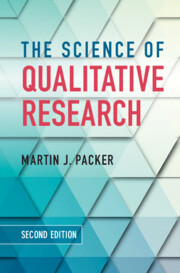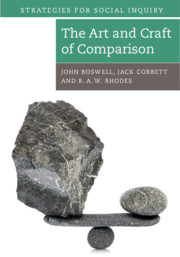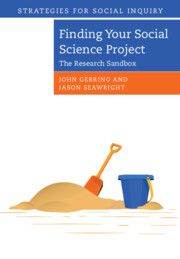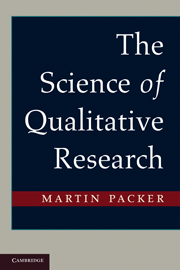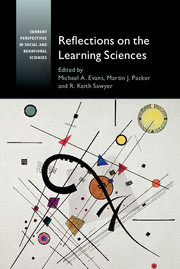The Science of Qualitative Research
This updated and expanded edition is a unique examination of qualitative research in the social sciences, raising and answering the question of why we do this kind of investigation. Rather than providing instructions on how to conduct qualitative research, The Science of Qualitative Research explores the multiple roots of qualitative research - including phenomenology, hermeneutics, and critical theory - in order to diagnose the current state of the field and recommend an alternative. The author argues that much qualitative research today uses the mind-world dualism that is typical of traditional experimental investigation, and recommends that instead we focus on constitution: the relationship of mutual formation between a form of life and its members. Michel Foucault's program for 'a history ontology of ourselves' provides the basis for this fresh approach. The new edition features updated chapters, and a brand new chapter which offers a discussion on how to put into practice Foucault's concept.
- Reviews and explains the multiple origins of qualitative research today in the social sciences, so students will learn about relevant literature across multiple fields
- This revised edition includes a new chapter which provides a concrete example of a research project that studies constitution
- The pedagogical features include important background summary boxes, and tables and figures used to illustrate central concepts
Product details
January 2018Hardback
9781108417129
548 pages
235 × 158 × 34 mm
0.88kg
7 b/w illus. 28 tables
Available
Table of Contents
- Part I. The Objective Study of Subjectivity:
- 1. What is science?
- 2. The qualitative research interview
- 3. The analysis of qualitative interviews
- 4. Hermeneutics and the project for a human science
- 5. Qualitative analysis reconsidered
- Part II. Ethnographic Fieldwork – the Focus on Constitution:
- 6. Calls for interpretive social science
- 7. Dualism and constitution: the social construction of reality
- 8. Constitution as ontological
- 9. The crisis in ethnography
- 10. Studying ontological work
- Part III. Inquiry with an Emancipatory Interest:
- 11. Qualitative research as critical inquiry
- 12. Emancipatory inquiry as rational reconstruction
- 13. Social science as participant objectification
- 14. Archaeology, genealogy, ethics
- 15. A historical ontology of ourselves
- 16. The concrete investigation of constitution.

